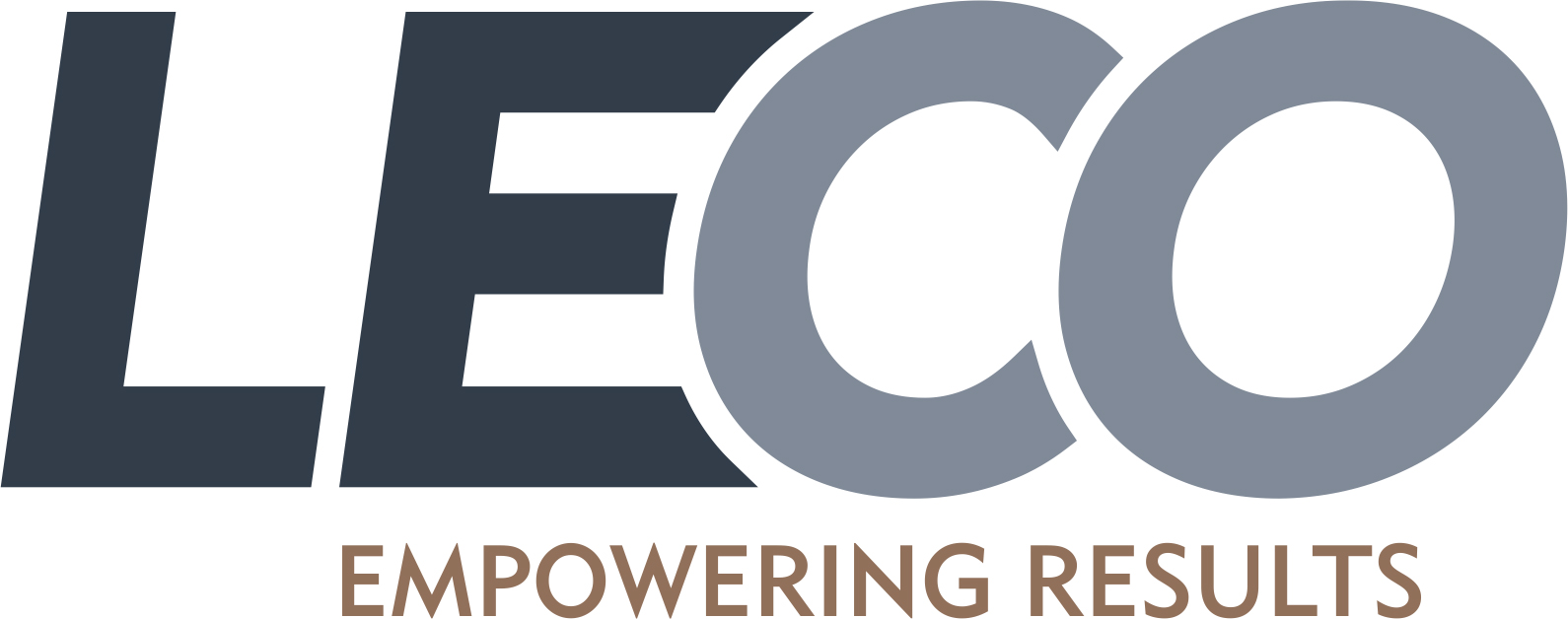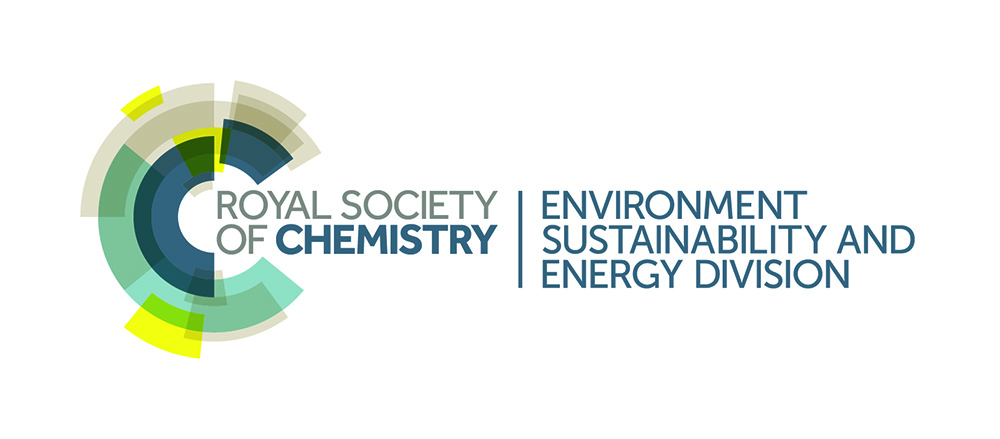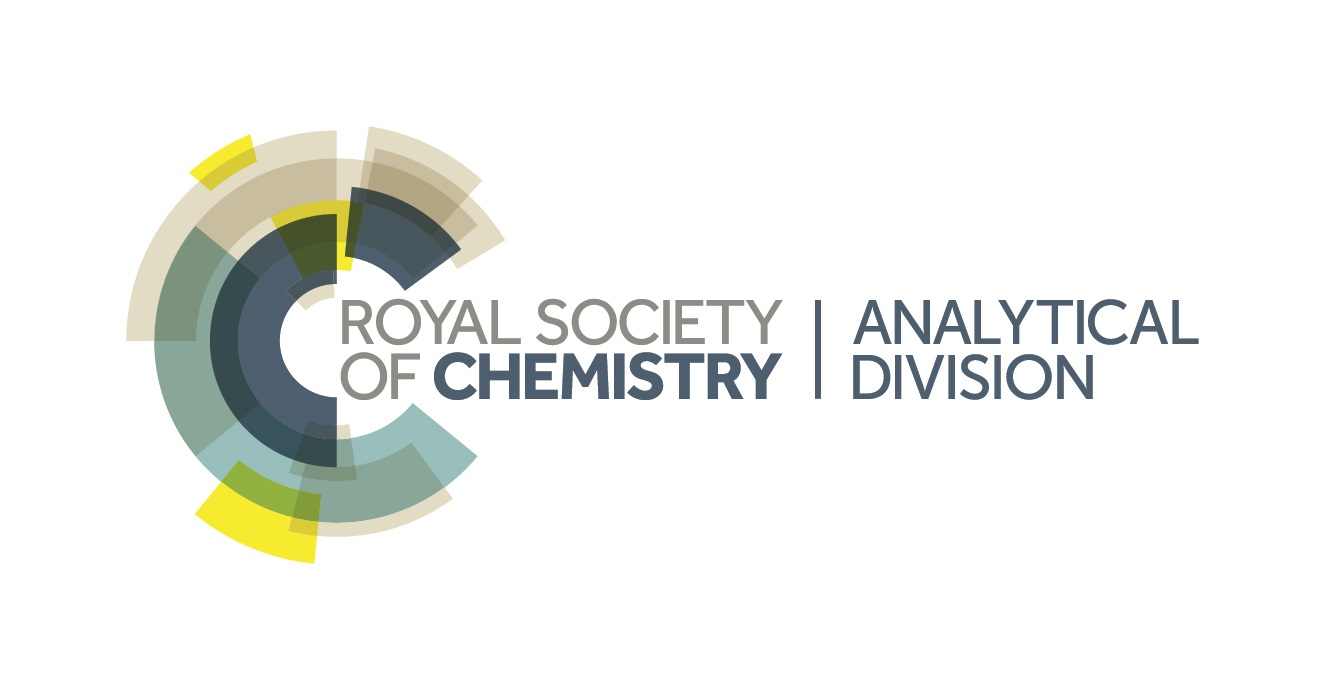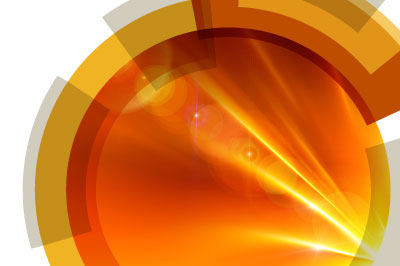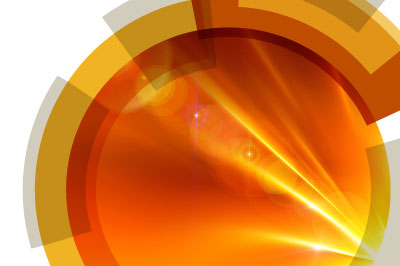Welcome
Join us in Edinburgh in May 2019 for this addition to our Faraday Discussion series. For over 100 years and 300 meetings, Faraday Discussions have been the forefront of physical chemistry. Many of these Discussions have become landmark meetings in their field.
We invite you to join us to discuss the topic of Challenges in analysis of complex natural mixtures and make your contribution to this cutting-edge dialogue alongside leaders in this field.
This meeting is for established scientists, post-graduate students and industrial researchers interested in the structure determination of molecules contained within unresolved complex mixtures. Given the recent developments in new methodologies and their creative combinations, the unique format of the Faraday Discussions will allow for in-depth discussions and opportunities to establish new collaborations.
It will be unique in bringing together scientists who may otherwise attend more specialised conferences focusing e.g. on their specific field of chromatography, NMR or MS, or biological metabolites or a specific environmental mixture.
On behalf of our committee, we look forward to welcoming you to Edinburgh.
Dušan Uhrin
Chair, Challenges in analysis of complex natural mixtures
Caring responsibilities
The RSC is keen to encourage and enable as many people as possible to attend our events, to benefit from the networking opportunities and the chance to hear talks from leaders in the field. If you have childcare, caring responsibilities or other care needs, and would like to attend this event, please do get in touch with us to see if there’s anything we can do to help enable you to attend.
Format
Faraday Discussions remain amongst the only conferences to distribute the speakers’ research papers in advance, allowing the majority of each meeting to be devoted to discussion in which all delegates can participate. Following each meeting a written record of the discussion is published alongside the papers in the Faraday Discussions journal.
Find out more about the Faraday Discussions in this video:
Themes
Structure determination of molecules contained within unresolved complex mixtures represents an unsolved problem that continues to challenge physical and analytical chemistry. This meeting will discuss a vision for developing the field of analysis of complex mixtures.
It will be unique in bringing together scientists who may otherwise attend more specialised conferences focusing e.g. on their specific field of chromatography, NMR or MS, or biological metabolites or a specific environmental mixture.
The Faraday Discussion will be organised into the following themes:
This session will discuss latest advances and future directions of two specific techniques: mass spectrometry and chromatography, and their hyphenation. The emphasis will be on the latest methodologies in each of these fields.
High-resolution Techniques
High-resolution mass spectrometry is one of the most promising approaches to tackle the issues of structure determination of molecules locked in complex mixtures. This will be contrasted by another high-resolution technique, NMR spectroscopy, which has the capability to solve structures, but struggles with complexity. Are there ways of overcoming this limitations? Is the lower sensitivity of NMR a blessing or a curse?
Data Mining and Visualisation
This session will explore how chemometrics can assist all other techniques in the analysis of complex mixtures, where extracting information by data-driven analysis is a necessity. How can chemometrics, data mining, multivariate calibration or multi-way analysis be best applied to different types of complex mixtures? The importance of creating databases of primary data and their mining is expected to increase. What needs to be done to accelerate this trend?
Future Challenges and New Approaches
The closing session will look at new (hyphenated) experimental, multidimensional techniques, new instrumentation, advances in medical, and environmental sciences. In chemometrics we can for example ask, how best to combine molecular analysis with microbial speciation (based on DNA, RNA or MS sequencing) to advance soil ecology or studies of aquatic ecosystems? Can we unravel the molecular structures in complex mixtures by atomic force microscopy by “seeing”, rather than interpreting the spectroscopic data?
Congratulations to the two poster prize winners at this Faraday Discussion, Sheri Murrell and Gianluca Trifiro
Useful links
- Find out more about the Faraday Discussions
- Faraday Discussions: Challenges in analysis of complex natural mixtures The online issue is now live
Downloads
- Draft Programme
- Session 1: Dealing with Complexity
- Session 2: High Resolution Techniques
- Session 3: Data Mining and Visualisation
- Session 4: Future Challenges and New Approaches





